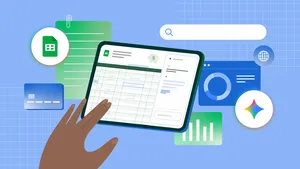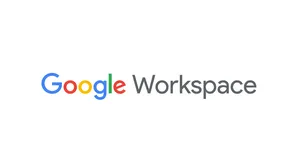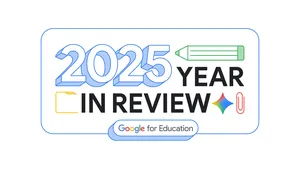Can mindfulness actually help you work smarter?

Mindfulness isn’t just sitting on the floor, legs crossed, and chanting mantras. It’s a tool that, when used wisely, can boost your experience at work, your relationships with others and even your overall well-being. Mindfulness is maintaining a moment-to-moment awareness of your thoughts, feelings and emotions, while having an attitude of kindness and curiosity.
That's the idea behind Google's mindfulness programs, which include seminars called Search Inside Yourself and Fundamentals of Mindfulness, and an internal program called gPause that promotes meditation and mindfulness practices. These initiatives have been created over the last 10 years in 64 offices around the world with more than 350 volunteers that host guided meditation practices, events and workshops. Through these programs Googlers have an opportunity to develop emotional intelligence, enhance well-being, improve team effectiveness and support a culture of respect and inclusion.
So how can this practice actually have an impact in our jobs? To answer this question we sat with Ruchika Sikri, Well-Being Learning Strategy Lead at Google, who shared some tips we can start using in our everyday routine.
Let your thoughts settle.
Ruchika shares the analogy that our mind is like a snowglobe. We’re constantly shaking it with information overload, distractions and task switching. This results in reduced clarity of our priorities and a lack of focus. By practicing a brief meditation (as short as five minutes!)—we can let the “snow'' settle and see things more clearly and vividly. Clarity of mind can help us prioritize what’s important, solve problems better, figure out new strategies or uncover issues we may have ignored.
Be mindful of what you say.
Mindfulness has a direct impact on our work culture and team effectiveness, Ruchika says. It helps you stay aware of what you say and what impact your words might have. It can help when you’re having difficult conversations, because you’re more present and therefore able to take your own and another party’s perspective more actively, and respond instead of react to external or internal stimuli. She cites a study done at Google, which found that most high functioning teams have psychological safety as a key element of their work environments, which means that team members feel safe to take risks and be vulnerable in front of each other. Being mindful of that sense of safety can help boost everyone around you at work. “The teams that feel safe and trust each other actually feel more accomplished and do more,” she says.Commit to a routine.
Ruchika says a mindfulness practice starts with making a mental commitment to it. It’s certainly helpful to take a workshop, but you can simply start the practice with an app like Headspace. The app provides bite-sized guided meditations for busy schedules. You can start the practice at home or during your commute if you use public transportation.
Have the right expectations.
Mindfulness is not a panacea, though. Instead, it’s an important tool that can raise self-awareness and help you identify personal needs more clearly. Ruchika recommends building an intention for your practice before jumping in. What is it that you want to improve? It could be better focus and clarity at work, healthier relationships, managing stress more effectively or adopting a healthier lifestyle. Then, practice makes it perfect. To actually feel the benefits of mindfulness, you have to make it a regular practice.






